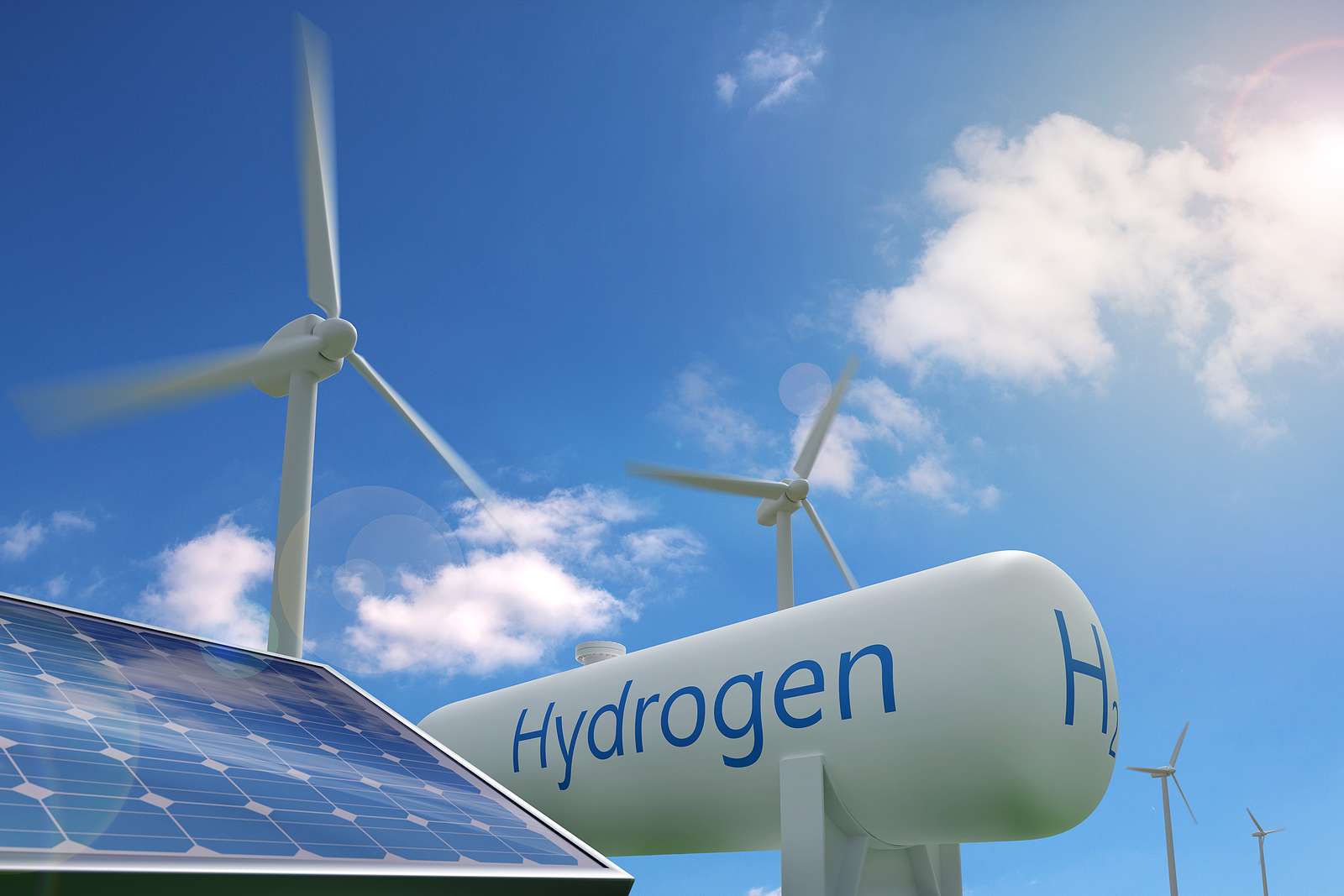When the German Federal Minister for Economic Affairs and Climate Protection, Robert Habeck, traveled to Brazil a few weeks ago, green hydrogen was particularly interesting in the German media.
According to the German government, it is the key to switching the energy supply from fossil fuels such as coal, oil, or natural gas to renewable energy.
For Berlin, Brazil is a potential partner in achieving this goal.

The Minister of Mines and Energy, Alexandre Silveira, promised:
“We will not miss this opportunity. Brazil wants to lead the way in developing markets for low-carbon technologies.”
“Although Brazil already has a high percentage of renewable energy, new wind or solar power plants must be built for hydrogen production.”
Christiane Averbeck of the German Climate Alliance told, “Deutsche Welle” (DW):
“If this does not happen, fossil-fuel power plants will have to continue to be operated to secure the energy supply and ensure that there is no electricity shortage in the country itself.”
“The principle of additionality is crucial to ensure that the green hydrogen produced serves climate protection,” she said.
GREAT POTENTIAL, BUT NO PLAN YET
Ansgar Pinkowski, Head of Energy Transition and Sustainability at the Competence Center Green Hydrogen Brazil of the German-Brazilian Chamber of Industry and Commerce in Rio de Janeiro, wants to help turn declarations of intent and plans into reality:
“Brazil has the best conditions for producing green hydrogen due to its geographical and natural location.”
“The share of renewable energies in Brazil is already comparatively high. And in the medium term, transport by ship from northeastern Brazil to European ports will take only eight to nine days.”
The new government of President Luis Inácio Lula da Silva has been in office since the beginning of 2023.
And although there are positive signs, it is not yet clear whether the hydrogen euphoria of the new Brazilian government will be similar to that of the government in Berlin.
“The new president of Petrobras, Jean Paul Prates, has been a strong proponent of climate-friendly energy investments in previous positions,” Pinkowski says.
FIRST HYDROGEN DELIVERY IN 2025
If all goes well, the first delivery of Brazilian hydrogen could arrive in Germany in late 2025, according to German experts.
This would be a great opportunity for Brazil, especially for the country’s modest northeast.
Investments would flow into this weak region. In addition, companies that rely on this energy would locate there.
“This is an opportunity for the reindustrialization of this region,” said Pinkowski.
BRAZIL IS NOT JUST AN ENERGY SUPPLIER
“In general, partnerships like this offer great opportunities for both sides.”
“With the right regulations, hydrogen production can drive the energy transition in Brazil and Germany.”
“However, it would be a mistake to see Brazil only as an energy supplier for German industry and to plan future hydrogen projects only for export,” Averbeck said.
Trade relations between Europe and Latin America are significantly unbalanced. In many cases, raw materials are mined in Latin America and exported to Europe without long-term benefits for the local population and economy.
This is why the local population regularly opposes such projects.
“Anyone interested in good economic relations in the long term must also help to ensure that projects are implemented in such a way that resistance (from the population) is not necessary,” the expert concluded.

